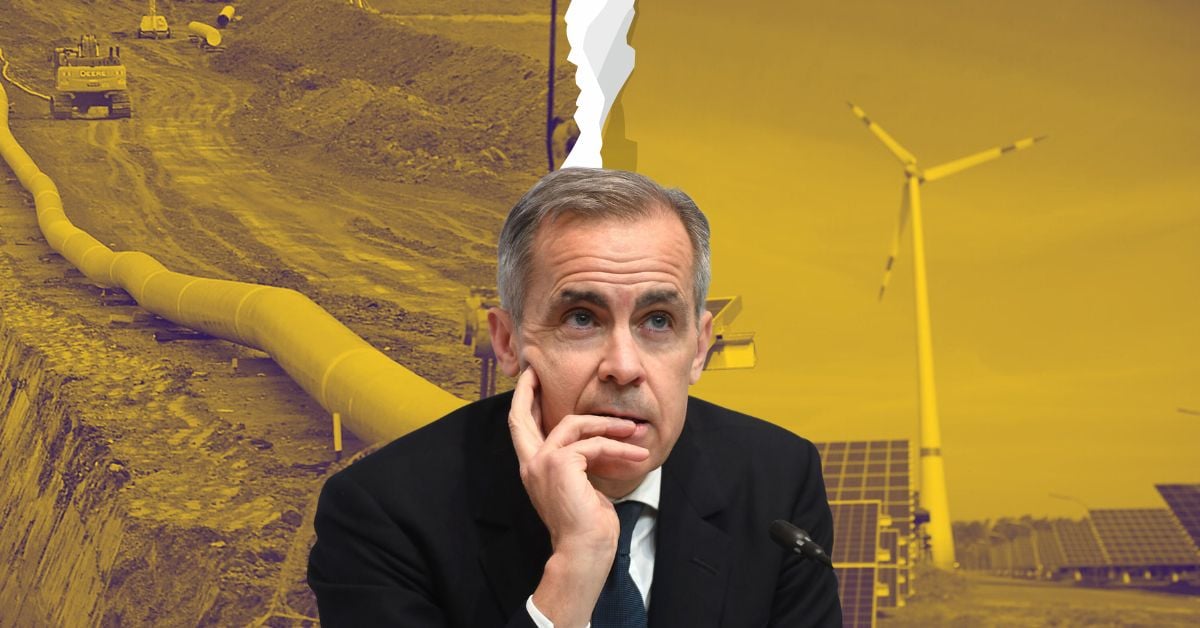Is there a link between the COVID-19 pandemic and climate change ?
It is above all human hypermobility in our globalized world that favored the spread of the infectious coronavirus. Indeed, if humans moved less (and travelled less widely), the contagion would have been more limited. The physical distancing measures public health officials put in place is supposed to help with this.
There is no scientific evidence to believe that climate change made the emergence or transmission of COVID-19 more likely.
The coronavirus has now manifested itself from the Caribbean to Russia. So heat by itself does not kill the virus. That is one myth that the World Health Organisation debunked.
Will climate change make the effects of COVID-19 worse? We know that climate change did not cause the emergence of COVID-19, but climate change could indirectly make the effects of future pandemics worse: “climate change undermines the environmental conditions we need for good health—access to water, clean air, food and shelter—and places additional stress on health systems,” according to Arthur Wyns, climate change advisor to the World Health Organization (WHO). However, other infectious diseases that are transmitted through water, through food, or by vectors such as mosquitoes and ticks, are highly sensitive to weather and climate conditions.*
Does human-led environmental destruction contribute to the spread of the coronavirus ?
First and foremost, it’s human hypermobility that enabled the coronavirus pandemic. In fact, if humans traveled less and stayed closer to home, the contagion would have been more limited. That’s what self-isolation goals are meant to achieve. There is also the reality of deforestation, urbanization, mining and unlimited growth have led to our risky proximity with animals and the destruction of natural habitats that we depend on.
Haven’t CO2 emissions and air pollution dropped thanks to COVID-19 ?
Yes, the emissions which drive climate change did decrease in the countries first affected by the virus. This decrease is directly linked to drastic drop in industrial activities that rely heavily on coal, oil, general traffic and global airline traffic ( heavy emitter). So, technically, all that did lead to a drop of CO2 emissions.
Isn’t the coronavirus pandemic beneficial for climate then ?
No, not at all. Firstly, this one time drop in air pollution and emissions comes after a long period of sustained increase: due to rising emissions, the last five years have been the hottest ever recorded. This air pollution continues to cost the lives of millions of people every year. The drastic decrease we’re seeing is only temporary. We call them “right on time” because when the global economic machine turns back on, the desire to play catch up and recover from the economic crisis will kick in, hurting our change of meeting the objectives of the Paris climate agreement. Putting those objectives on ice and delaying the plans to achieve them is a real threat to the fight against climate change. Besides, even if industrial emissions have decreased, residential emissions are on the rise due to the self-isolation measures needed to manage the pandemic. In short, would be wrong to think that the virus is beneficial for the environment.
What should we hope for then ?
Don’t just hope, act. On top of being compassionate, courageous and supportive, be vigilant. As stimulus packages are being set up, the most polluting industries — such as oil, gas and airlines — are already at work to woo governments into bailing them out, promising an economic relaunch but at the expense of economic and social value. The current crisis has been very difficult for most of us, and just like climate change, it disproportionately affects the most vulnerable and the marginalised people in our society. While everyone impatiently awaits recovery plans, let’s stay clear-headed. Let’s not allow governments to bail out oil giants instead of the workers and the environment. This time, let’s support workers in Canada and throw a low-carbon recovery program, like the Green New Deal.
Why do we need to make the recovery plans green ?
As the Lancet and World Health Organisation note, climate change is likely to have major consequences on infectious disease transmission. Just like COVID-19, climate change multiplies inequality and disproportionately affects society’s most vulnerable and marginalized people. In this time of crisis, it’s critical that public funds flow towards strengthening the social and ecological systems on which we depend. Thinking ahead to prevent the next public health crisis means acting now to address existing injustice as well as the climate and biodiversity crises.
What can I do ?
Make yourself heard to influence the recovery plans we want to see come true. We must liberate ourselves from fossil fuel capitalism and prepare for our future economic system, drawing inspiration from the Green New Deal. The launch of the federal economic recovery plan is imminent and it is crucial to send a clear and loud message to Prime Minister Trudeau. Let’s remain vigilant and oppose massive fossil fuel projects.
Ask Trudeau to help the workers, not a polluting industry in decline.
We must be careful not to wash our hands of the ongoing crises and injustices that already threaten people’s lives, health, wellbeing, and livelihoods — and that includes the climate and biodiversity crises.
*FOOTNOTE
We have been asked if there was a link between climate change and covid-19 and if covid-19 could, or would, be transmitted by mosquitoes like some other infectious diseases as it continues to evolve. To avoid confusion, we amended our original answer and this note aims to better explain.
According to experts, the transmission of the COVID-19 virus occurs from one person to another, there has been no information nor evidence to suggest that the new coronavirus could be transmitted by mosquitoes.
Other diseases, however, can be spread by vectors like insects.
Researchers have explained how the spread of some infectious diseases is directly influenced by climate change and insects. To be clear though, every infectious disease is a stand-alone case and has a distinct relationship with climate change. The role of climate change here is that it influences seasons and their intensity, making winters milder and summers hotter. So, mosquitoes can broaden their territories and can, therefore, spread infectious diseases in a larger way. That is where the link with climate change lies. The Lancet Countdown, a scientific collaboration between 35 institutions, found that the climate suitability for disease transmission has already increased for diseases including dengue, malaria, and cholera.




Discussion
there is a direct link between COVID-19 pandemic and air pollution and forests Mega-fires. I have conclude a study regards to. If you are interested find me at linkedin https://www.linkedin.com/in/reginos-v-337b73148/
I do agree with author, but I think we should accept those environmental changes as positive and must learn from that experience which we can apply for the better future.
I would like you to answer a question that has been bothering me for a long time. It seems to me that the melting polar ice caps are adding fresh water to the oceans in part making up for fresh water NOT entering the oceans due to the damming of rivers. My question then is what will happen to the salt content of the oceans when the ice caps melt and little fresh water is being added to the oceans. Will ocean species perish in a higher salt content oceans.
The emerge of the pandemic is actually caused by the same science as the climate trouble. Doing without thinking. Thinking that because it is possible we should do it to the benefit of all.... Now the question I have is why I should trust that same science to solve it. Obviously a lot of people have lost the feeling to be a part of the environment. Raising average lifespan has become a goal and as it appears now with the handling of covid our governments make it serious business. As the climate challenges are in real way more urgent it looks like the governments prevail mandatory medical treatments above a serious look into the cause of a pandemic and science will innovate us out of this situation into? A new situation. Do first. Solve later.